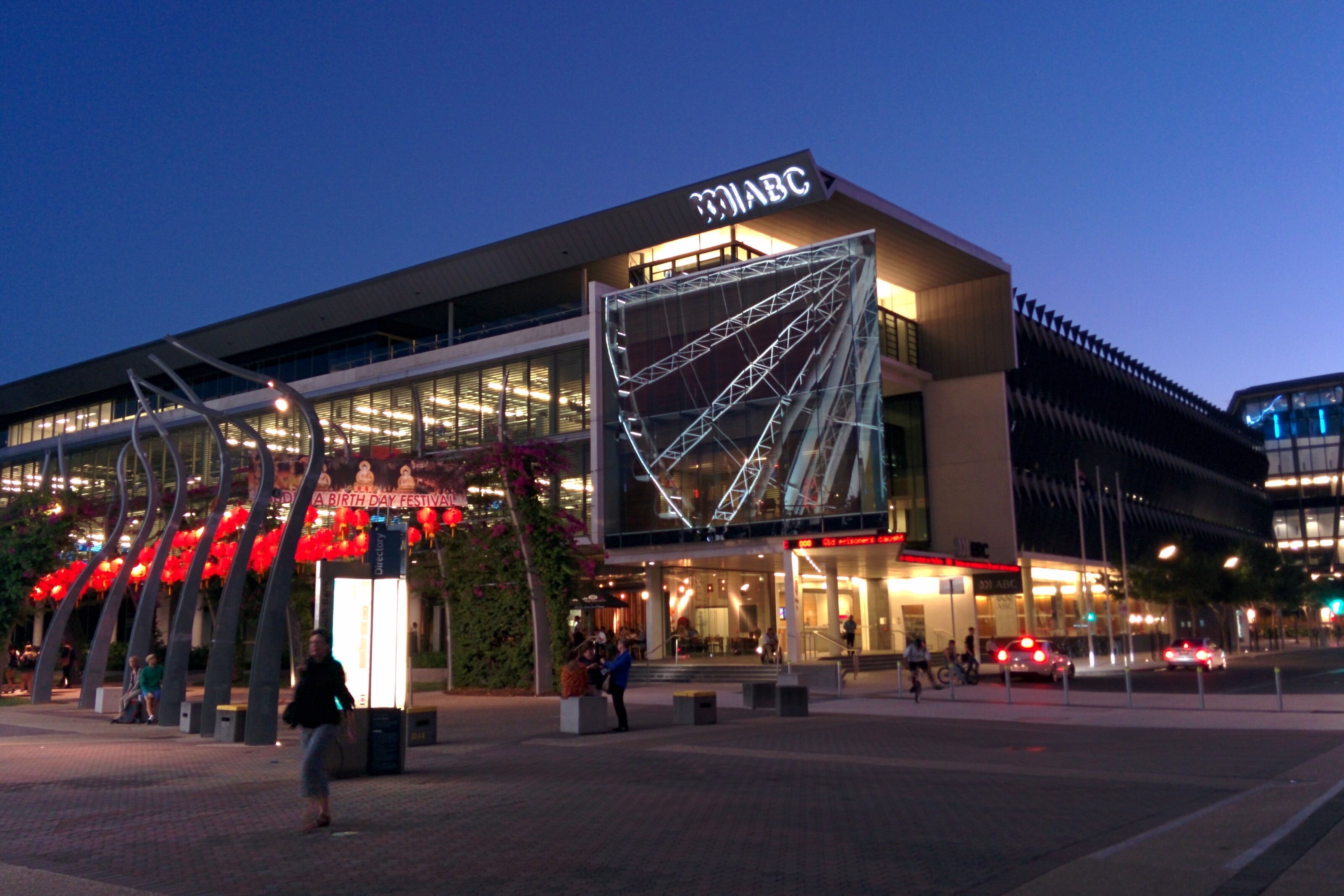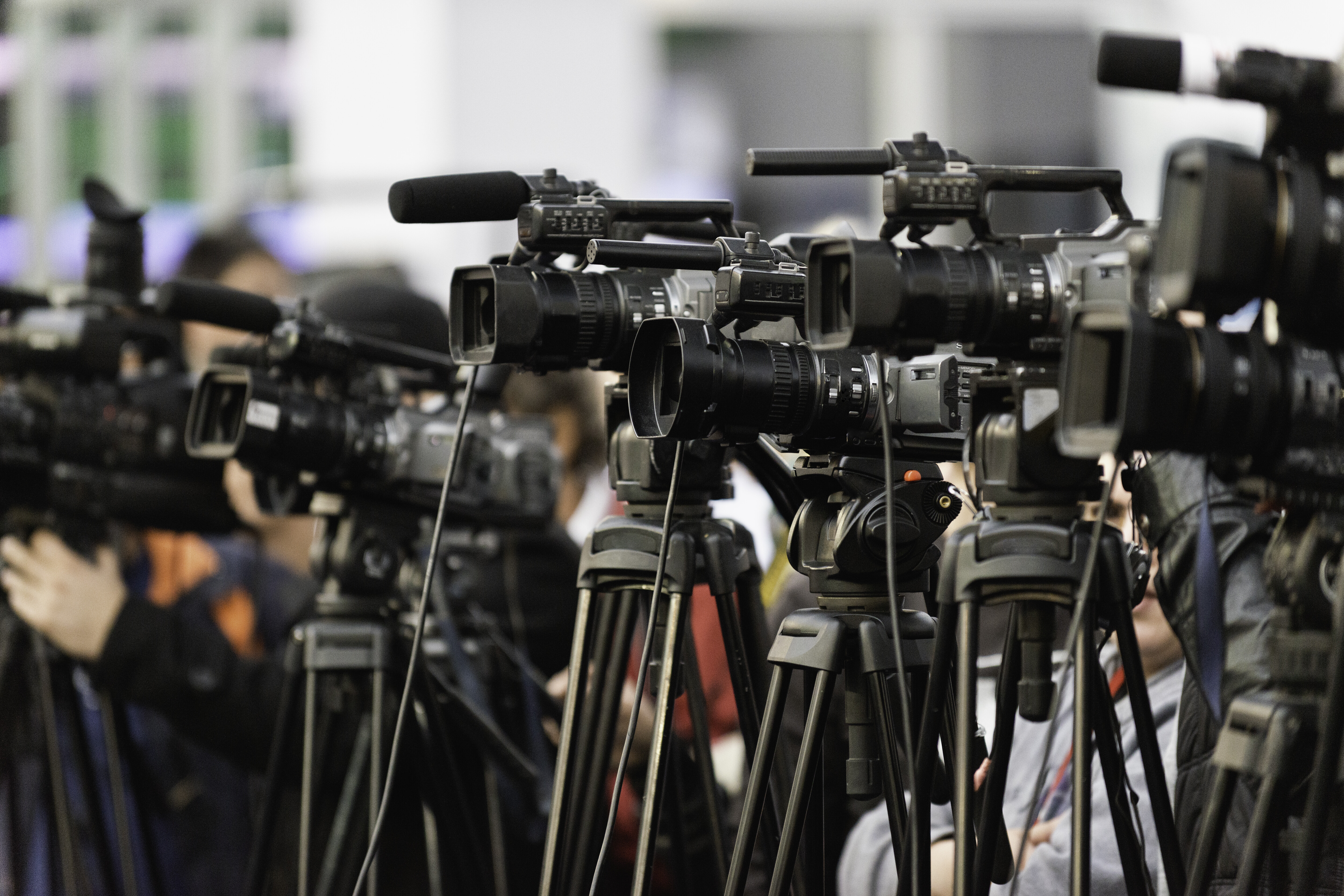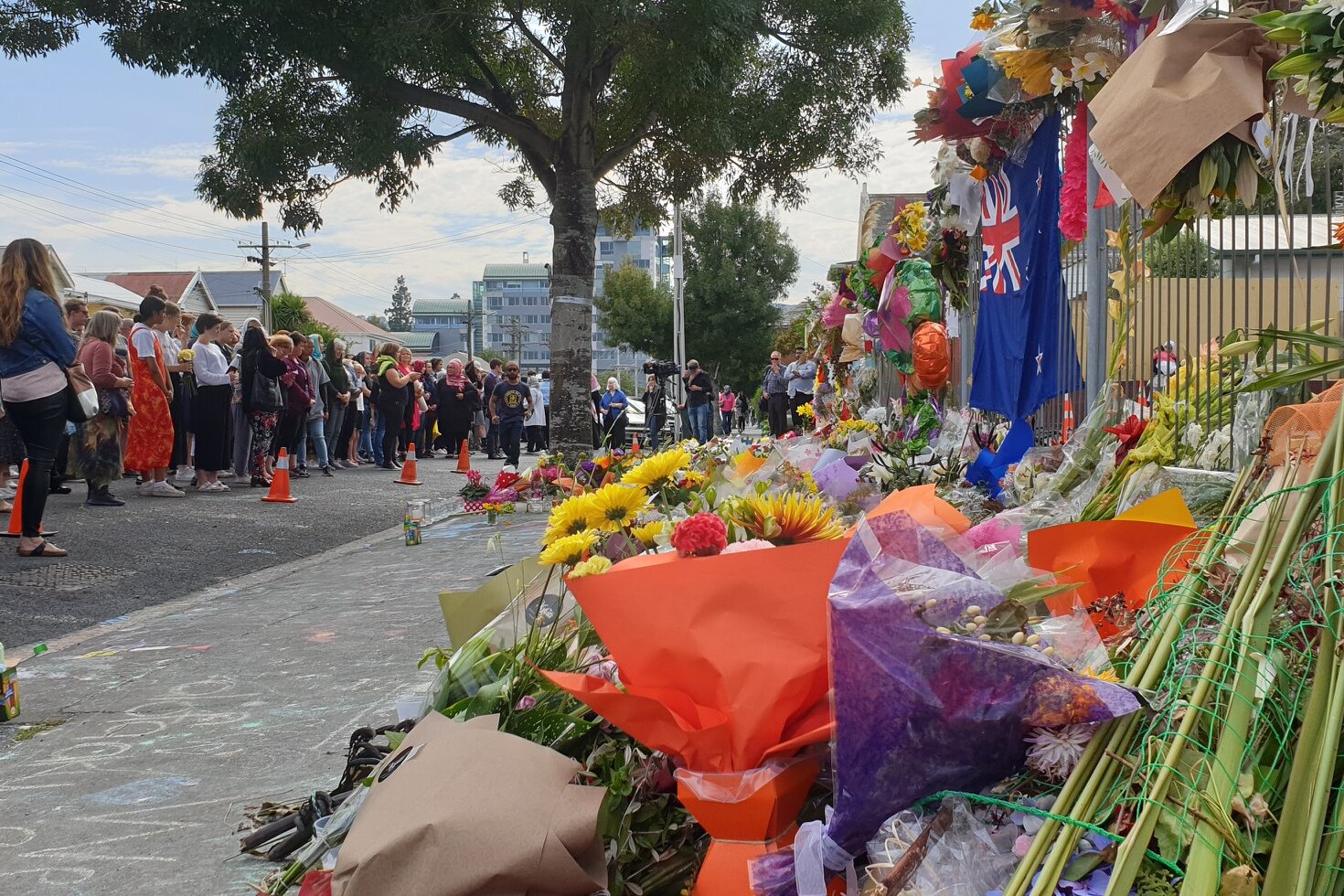From South Auckland and Whakatāne in North Island to Marlborough and East Coast in South Island, recruitment is now underway to find eight Local Democracy Reporters (LDRs) to participate in the new Local Democracy Reporting scheme in New Zealand to report on local and regional democracy issues.
The year long pilot scheme entitled ‘Local Democracy Reporting’ (LDR) was announced by Radio New Zealand, the NZ Newspapers’ Publishing Association (NPA) and New Zealand On Air at the end of May this year to revive local journalism in the country. It aims to hire local reporters to investigate and produce public media content for audiences.
‘Democracy deficit’
In recent years, local journalism has been facing challenges with newsroom cuts and threats from commercial media organisations. The phrase “Democracy deficit” has been coined to refer to this crisis in local public interest journalism. 29 community or rural newspaper titles have closed in the last two years across the country and regional reporters have been in decline over the past 3-5 years. This has led to a decline in the reporting of local democracy issues, according to the alliance’s Memorandum of Understanding (MOU).
NZ$1 million of the NZ$6 million RNZ/NZ On Air Innovation Fund, which was announced in the Government budget last year, will be allocated to fund the reporters.
NZ On Air and @radionz have launched new Local Democracy Reporting service designed to fill gaps in the reporting of local bodies and other publicly-funded organisations in regional NZ. The $1m pilot scheme is funded from the RNZ/NZ On Air Innovation Fund. https://t.co/wB9ouOUG1b pic.twitter.com/evPRDnacBX
— NZ On Air (@NZonAir) May 26, 2019
The purpose of the scheme is to provide audiences with public service media (PSM) content, which involves reporting on local council activities, district health boards and other publicly-funded bodies, holding them to account.
The LDRs will gain multimedia training in order to gather news stories, photo and video content. While employed by newspaper organisations, RNZ will be able to use this content.
Inspiration
The pilot scheme is modelled on the Local Democracy Reporting Service (LDRS) launched in the UK by the BBC and British publishers in 2017. Funded by the BBC’s TV licence fee, the scheme aimed to recruit up to 150 journalists. Thus far, 144 journalists have been hired since its launch at the start of 2018 and the remainder of posts will be hired from Northern Ireland.
The LDRS was designed to report on local democracy issues, especially in regions where there have been significant newsroom cuts. Indeed, according to Stuff, Britain has nearly 200 fewer regional and local newspapers than it did in 2005.
Moreover, in recent months, the BBC has also proposed to set up the Local Democracy Foundation, which will follow on from the LDR scheme to fund local public interest journalism.
Elsewhere
Elsewhere, other PSM and likeminded organisations have also introduced schemes to revive local journalism globally. This year, PBS Frontline’s ‘Local Journalism Project’ started accepting proposals to improve local journalism across the US, an area that has also seen its local journalism struggle with challenges to funding.
Both the federal governments in Canada and Australia have allocated funding for local journalism initiatives. In Canada, a fund of C$585m has been announced by Prime Minister Justin Trudeau for media outlets, whereby an additional C$50 million will be allocated specifically to regional media outlets.
Meanwhile the Australian federal government has also pledged support to regional publishers over the next three years, with the Regional and Small Publishers Innovation Fund being made available to publishers and online content providers.
Collaboration
With many local news outlets struggling to compete in a media landscape of increasingly fragmented audiences and tenuous funding, this “crisis” reveals an expanding collaborative role for PSM in supporting public interest journalism.
RNZ chief executive and Public Media Alliance president Paul Thompson confirmed that, “The objective is to give the New Zealand public an independent and impartial news service on as many platforms as possible…This partnership with the newspaper industry is an important step forward.”
In a later interview with RNZ about the future of the scheme, Thompson added that “It’s about a range of people trying to figure out the problem of keeping journalism alive in regional New Zealand. If the pilot works there will be a really good case for it to continue.
“The government has been interested and they’re observing but I don’t think it’s best for the industry to sit there and expect the minister or a government department to come up with solutions. We are taking the initiative ourselves because this is a good idea and because we can work together. Let’s see what happens.”
Listen to RNZ’s Paul Thompson and NPA’s Rick Neville discuss the new scheme below:
Publishers, public broadcaster and the public purse back new local news scheme
Header Image: Media interview stock photo.Credit: microgen/iStock.
Related Posts
2nd June 2019
Getting what you pay for: Making public broadcasting work
Former ABC Editorial Director, Alan…
27th March 2019
New Zealand’s news media entered uncharted territory on March 15
Radio New Zealand CEO, Paul Thompson,…



